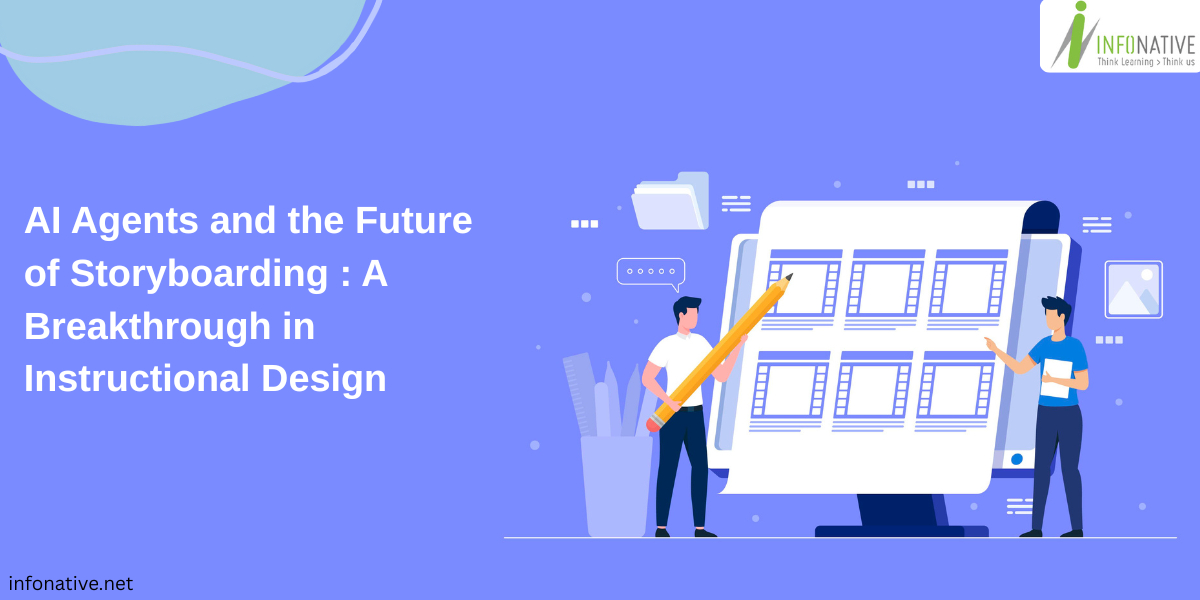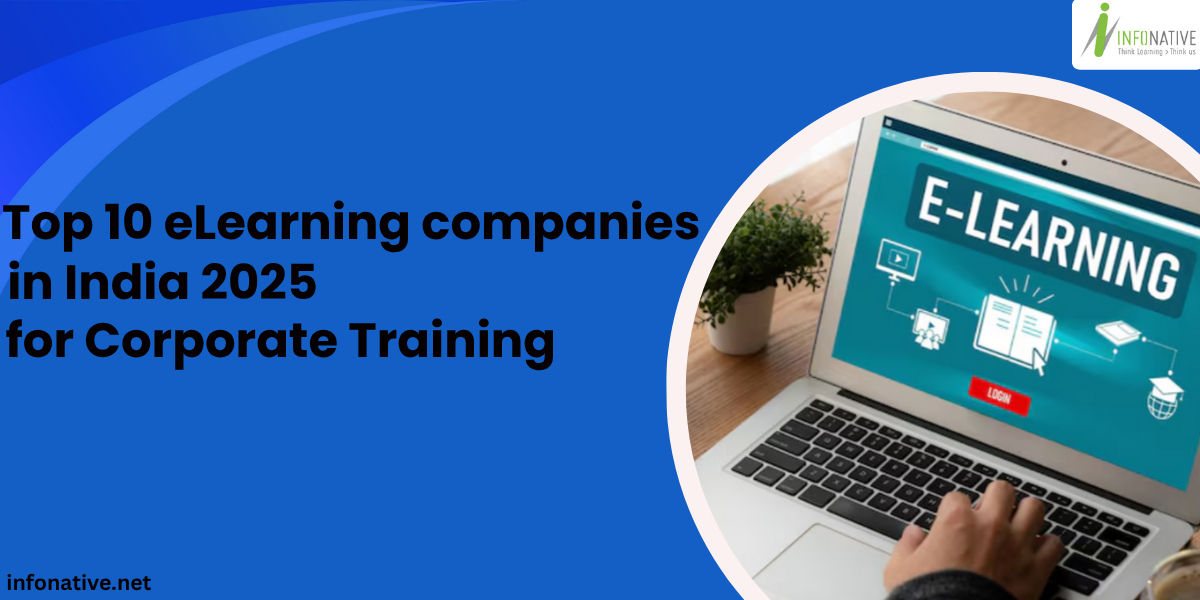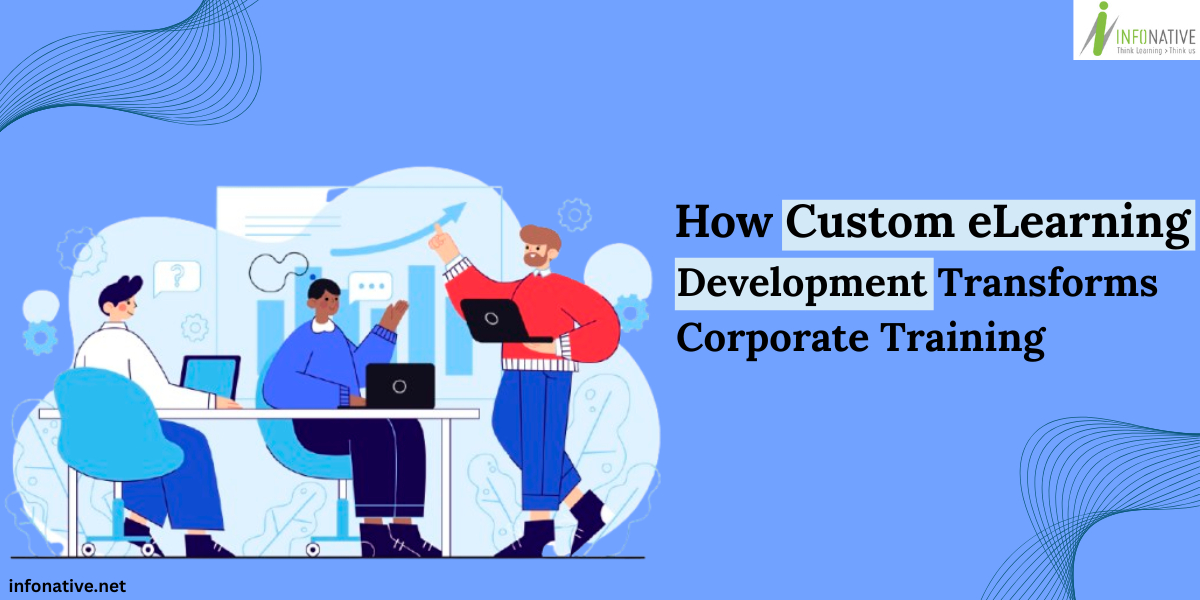

Successful organizations have standard operating process and precise work instructions to ensure smooth functioning across all departments.
When functional departments consistently follow these processes, synchronization of efforts from various direction occurs and the organization works smoothly. Thus, it becomes imperative that they understand these processes thoroughly and apply them in their daily work.
• Processes often change because the business environment is dynamic and organizations have to respond quickly to regulatory requirements.
• High cost is involved in training multiple departments over multiple sessions.
• Content is monotonous and does not facilitate effective learning and adoption.
Infonative has created over hundred hours of process trainings. We cover generic processes through a common course across the organization and department specific processes alone are developed as a new module to save cost. These are highly engaging, modular, developed quickly and can be updated easily at a later date. In order to achieve this, we follow a systematic approach of:
• Assessing the current program to analyse gaps in terms of updated content, technical feasibility, geographical distribution and training delivery.
• Profiling audience keeping specific needs of different department staff in mind, their part in the process and geographic distribution.
• Articulating the to-be state in terms of design, modularity of the program, ease of content updation, localization etc.
• Presenting an approach tailored to our client’s requirements that helps employees to be more consistent in the work process and can result in smoother operations.
• Building a prototype to give a first-hand perspective of the output and then do full scale development once the prototype is approved.
• Making the training courses translation friendly if any foreign or regional language translation or localization is required for a wider audience.

We at Infonative focus on the following critical aspects for the success of our process training:
according to different tasks performed by staff in the process
their part using simulations and quick reference guides
exceptions with appropriate feedback
for many users to take it several times

where they can take their own decisions
to provide impactful, just-in-time actionable response
for increased engagement and motivation
workshops – to provide expert guidance

The world of instructional design is undergoing one of its most significant transformations to date. As organisations demand faster development cycles, more personalised learning experiences, and greater efficiency, AI agents have emerged as a breakthrough technology—especially in the field of storyboarding. Traditionally, creating instructional storyboards has required extensive time, manual effort, and cross-functional collaboration. Today, AI agents are redefining this process, offering unparalleled automation, accuracy, and creative support.
View
As businesses evolve in the digital era, the need for efficient and scalable learning solutions continues to rise. Corporate training has shifted from traditional classrooms to interactive and data-driven eLearning experiences. India has become a global hub for innovative and cost-effective digital learning services. Here’s a detailed look at the Top 10 eLearning companies in India in 2025 that are redefining workplace learning with creativity, technology, and measurable performance outcomes.
View
In the modern digital workplace, continuous learning has become a vital component of organisational growth. Conventional training approaches—such as classroom sessions or standardised modules—are steadily giving way to custom eLearning development. Bespoke digital learning solutions enable organisations to upskill their workforce effectively, boost engagement, and deliver measurable results that align with business objectives.
View